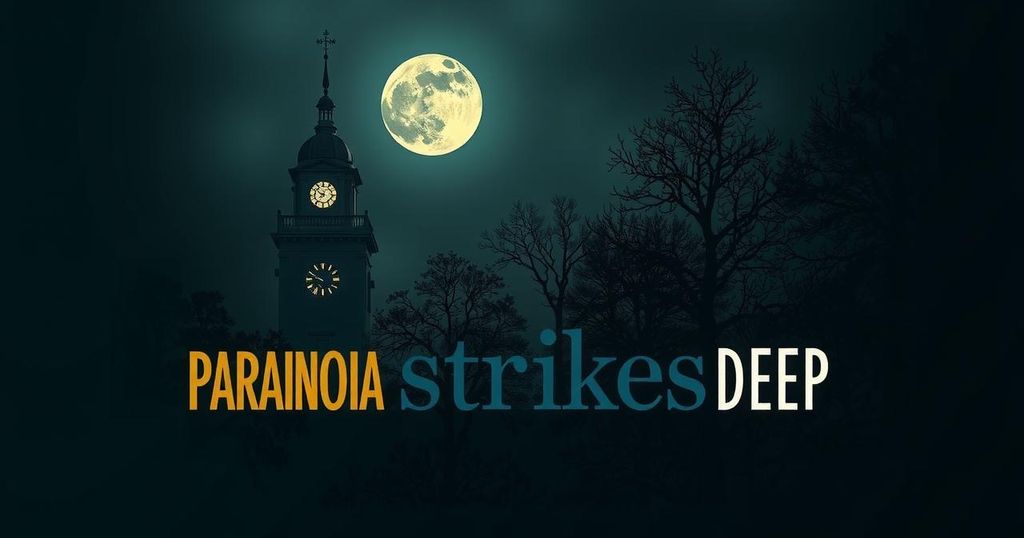Post-Election Paranoia: Reflections on Resilience and Governance

The article reflects on the implications of the recent election results, highlighting feelings of paranoia and fear among citizens in light of Donald Trump’s victory and increased Republican control. The author draws a parallel between contemporary political anxieties and Winston Churchill’s calls for resilience during historical challenges. Emphasizing the importance of constructive dialogue, the piece advocates for unity in addressing the changes in governance.
On November 6, at the early hour of 4:30 AM, I awoke to the disquieting news of Donald Trump’s victory in the presidential election, the Republican Party’s takeover of the Senate, and the swelling influence of Trump supporters in the House of Representatives. This jarring reality resonated deeply within me, reminiscent of Winston Churchill’s defiant speech at Harrow School during World War II, where he inspired resilience amidst a formidable adversary. Churchill’s words serve as a poignant reminder that, despite daunting circumstances, there remains a necessity for courage and unity in the face of political challenges. The emotional weight of these outcomes reverberated throughout the nation, prompting varied responses among the populace. Amidst feelings of anxiety and paranoia prompted by the election results, individuals grappled with the implications of a government structure more aligned with Trump’s ideology. This sense of unease reflects a pivotal moment in American political discourse, as citizens confront the new realities of governance and representation. The need for constructive dialogue and proactive engagement has never been more vital as we endeavor to navigate this shifting landscape.
The context of this reflection revolves around the aftermath of a significant political event—the 2024 U.S. presidential election. The election results elicited a wave of emotions, from disbelief to fear, as voters witnessed the consolidation of power by the Republican Party. The author connects this political climate with historical references, specifically drawing from Winston Churchill’s renowned speeches that invoked strength during times of adversity. This blend of historical resonance and contemporary political analysis highlights the ongoing challenges within American society regarding governance, representation, and civic engagement.
In summary, the election results catalyzed a profound sense of paranoia and concern among many Americans. Drawing parallels to historical moments of adversity, such as Churchill’s speeches during World War II, underscores the enduring need for strength and collective action in facing political challenges. As the nation grapples with the implications of these outcomes, fostering dialogue and solidarity will be essential to navigate the uncertainties ahead. The call for resilience and proactive engagement remains critical in shaping a future reflective of diverse perspectives and collective interests.
Original Source: www.columbiamissourian.com








